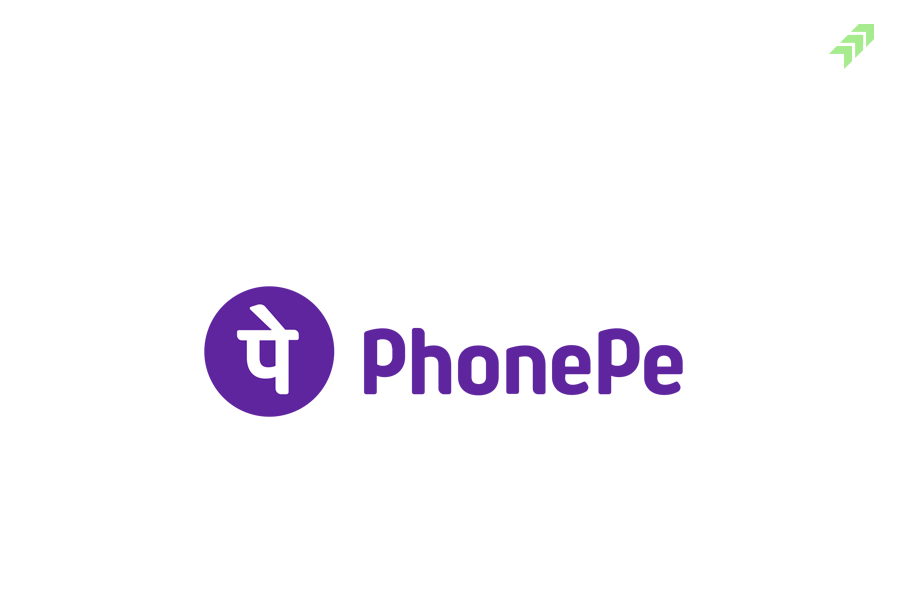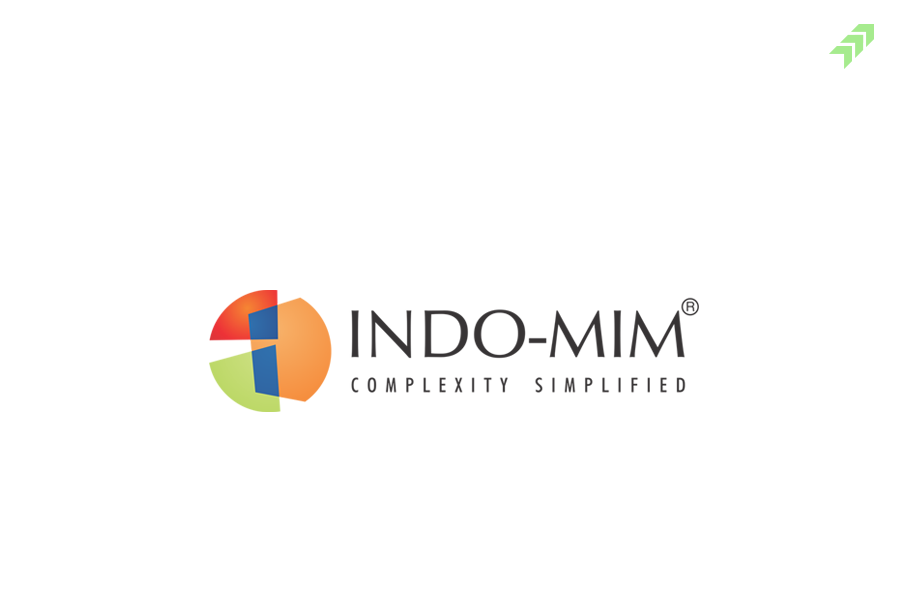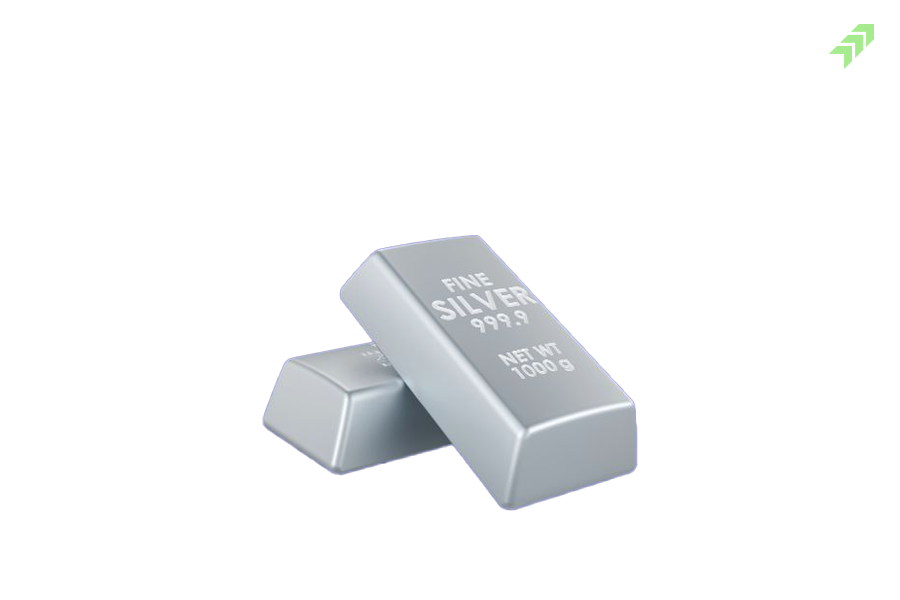In 2008, Tata Motors Limited issued “A” ORD class shares at a 10% discount to ORD with lower voting rights (1/10th) and a higher dividend (by 5%). Tata Motors, in its latest board meeting, authorized a NCLT Scheme of Arrangement for the cancellation of “A” ORD shares and the issuance of ordinary (ORD) Shares as consideration for the cancellation or capital reduction.
Under the scheme of arrangement, Every “A” ORD shareholder will receive 7 ORD shares for every 10 “A” ORD shares held. Tata Motors claims the Scheme will result in a 4.2% reduction in outstanding equity shares, making it value-accretive for all shareholders. Since the company is performing a share swap, it will result in no cash outflow from business and will not have any impact on the net debt of the company. Although the conversion transaction is subject to regulatory approvals, as mentioned in the filing document, the process is expected to take 12–15 months for completion.
Earlier in January, Tata Motor confirmed that they are voluntarily delisting ADS from the New York Stock Exchange and the capital reduction scheme of ‘A’ Ordinary shares, simplifying and consolidating all traded equity securities into Ordinary Shares listed only on the NSE and BSE.
The swapping process will consolidate trading, increase the free float of ORD shares by 18%, increase volume in equity shares, and enhance the voting rights of public shareholders by 3.2%. The scheme also includes the establishment of a Trust with an independent third party as Trustee to carry out the necessary measures in line with applicable legislation. TML’s Ordinary shares issued to ‘A’ Ordinary holders will be received by the Trust, which will issue these shares in accordance with its current stake in Tata Motors DVR.
What are Differential voting rights Shares?
Differential voting rights, often known as DVR’s, are those shares that offer equity share holders unequal voting rights in comparison to ordinary shareholders. Globally, there are two types of DVR: those that offer more voting rights and those that offer fewer voting rights. DVR policies are usually implemented by the promoters or the owners of the company when they want to dilute the shareholding but do not want to lose management control to the public.
A very famous example is Meta, aka Facebook. Mark Zuckerberg, through the use of DVR shares, is able to hold the company management event, though he does not hold more than 50 percent of the company equity. Zuckerberg owns about four million Class A shares in Facebook and approximately 419 million Class B shares. Each Class B share is worth 10 votes apiece, which gives Zuckerberg the majority of voting power and control over Facebook’s strategic direction.


















No comment yet, add your voice below!